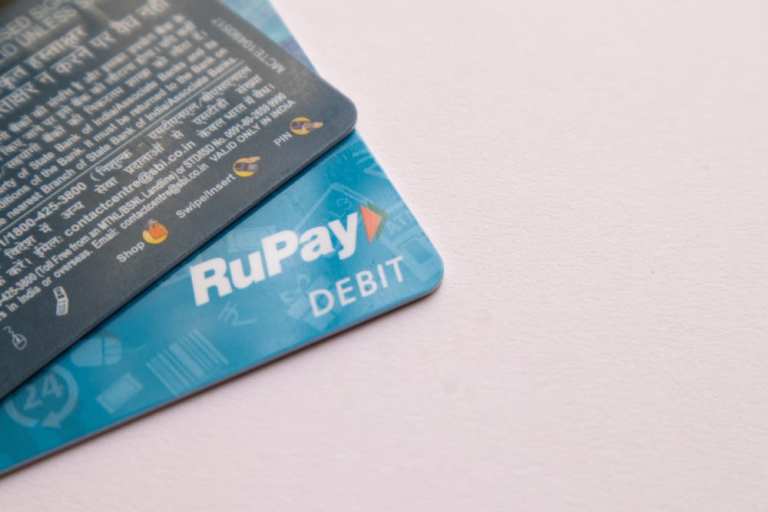India’s Digital Payments Incentive Push May Come at Visa, Mastercard’s Expense

In India, the government has set its sights on getting digital transactions even more firmly entrenched, and on promoting the use of debit cards (specifically RuPay debit cards) through the next several months, possibly at Visa’s and Mastercard’s expense.
To that end, the Cabinet said Wednesday (Dec. 15) that it had approved an incentivization scheme worth 1,300 crores (roughly $170 million USD), which is the amount of the transaction charges that will be reimbursed to merchants as part of the Merchant Discount Rate. That rate is defined as the charge for electronic payments levied on merchants by banks as payments are processed.
As noted in various media outlets and via the government’s press bureau’s own Twitter feed, acquiring banks will be “encouraged” to pay a percentage of the transactions that are tied to the RuPay cards and for lower value BHIM-UPI digital payments. That reimbursement scheme would be in effect for the year that began in April 2021. Drilling down a bit, the reimbursements would reimburse the fees tied to transactions up to 2,000 rupees (the equivalent of about $26 USD).
Bringing Digital Payments to the Unbanked
The government has said that the move will help bring digital payments to unbanked populations.
The move comes as UPI payments have grown at an annual rate of about 200%, Ritesh Shukla, Chief Executive Officer of NPCI International Payments Ltd (NIPL) said this week and the platform itself was tied to about $457 billion worth of commerce last year, as reported by The Print. And, separately, there are an estimated 690 million RuPay cards out in the field, so to speak, issued by banks in the country. RuPay’s own share of credit and debit cards has soared to 63% as of last year, leagues above the 17% seen only four years ago.
The incentivization scheme may help merchants encourage digital payments, and broaden points of acceptance by removing at least some of the financial burden of that acceptance — but the concurrent boosting of RuPay may raise some further concerns among payments networks, including Visa and Mastercard.
The government’s Wednesday announcement comes just weeks after, as noted in this space, Visa raised concerns with the U.S. Trade Representative (USTR) about India favoring domestic payments card provider RuPay. Mastercard had already raised similar concerns as far back as 2018.
“Visa remains concerned about India’s formal and informal policies that appear to favor the business of the National Payments Corporation of India over other domestic and foreign electronic payments companies,” said a USTR memo quoted by Reuters and referring to NPCI, the nonprofit that runs RuPay.
Read also: Visa Says Indian Government Favors Domestic Payments Company RuPay
We note that the recent incentivization seems, at least on its face, a “formal” policy that seeks to strengthen RuPay’s own position in digital payments. How the US payments giants will respond remains to be seen.